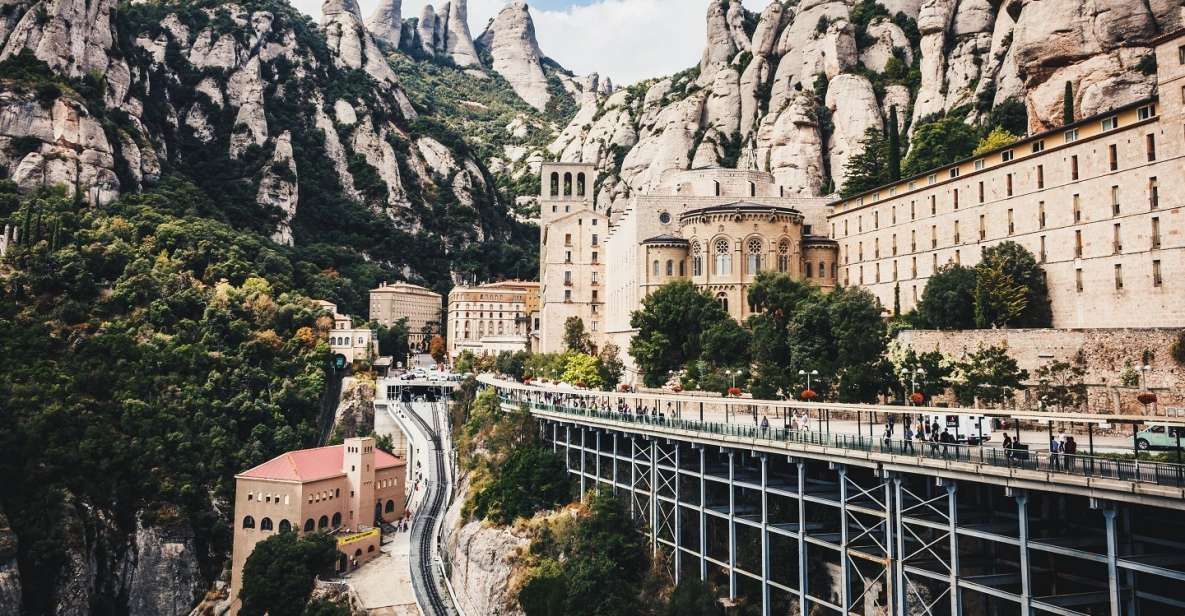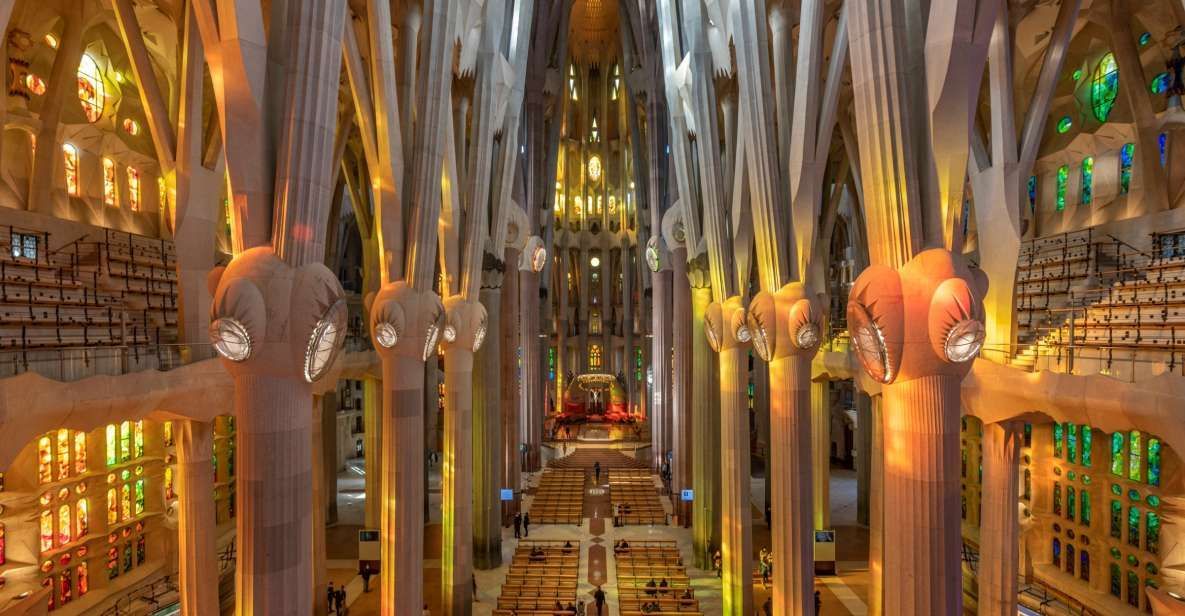🌆 Explore Cities & Regions In Djibouti
How to Experience Djibouti: Top Destinations and Reasons to Go
Djibouti, a small yet captivating country located on the Horn of Africa, offers a unique blend of natural beauty, rich culture, and fascinating history. Despite its modest size, Djibouti is a treasure trove of hidden gems waiting to be explored. This guide will help you uncover the top attractions, exciting activities, and unique experiences that Djibouti has to offer, along with insights on the best time to visit, cities of interest, and what to expect in terms of food, nightlife, and culture.
Top Attractions and Hidden Gems
Lac Assal
Lac Assal, a salt lake situated in a volcanic crater, is one of Djibouti's most iconic natural wonders. It is the lowest point in Africa and the third-lowest point on Earth. The lake's stunning turquoise waters are surrounded by white salt flats, creating a surreal and otherworldly landscape. Visitors can take a dip in the highly saline waters and experience the sensation of floating effortlessly.
Moucha Island
For those seeking a tropical escape, Moucha Island is a must-visit. Located in the Gulf of Tadjoura, this idyllic island offers pristine beaches, crystal-clear waters, and excellent opportunities for snorkeling and diving. The coral reefs surrounding the island are teeming with marine life, making it a paradise for underwater enthusiasts.
Day Forest National Park
Day Forest National Park, located in the Goda Mountains, is Djibouti's largest forest and a haven for nature lovers. The park is home to diverse flora and fauna, including the rare Djibouti francolin. Hiking trails wind through lush greenery, offering breathtaking views of the surrounding landscape. The cool mountain air provides a refreshing contrast to the coastal heat.
Arta Beach
Arta Beach is a hidden gem known for its secluded beauty and excellent snorkeling opportunities. The beach is relatively untouched by tourism, providing a peaceful retreat for those looking to unwind. The calm waters are ideal for swimming, and the coral reefs are home to a variety of colorful fish.
Lake Abbe
Lake Abbe, located on the border with Ethiopia, is a surreal and otherworldly landscape featuring limestone chimneys, hot springs, and salt flats. The landscape resembles a scene from another planet, and the sunsets here are particularly breathtaking. It's a popular spot for photographers and adventurers looking to explore off the beaten path.
Activities and Experiences
Guided Tours
Opting for guided tours is an excellent way to explore Djibouti's unique attractions. Knowledgeable guides can provide valuable insights into the country's history, culture, and natural wonders. Popular tours include visits to Lac Assal, Lake Abbe, and Day Forest National Park, as well as city tours of Djibouti City.
Scuba Diving and Snorkeling
Djibouti's coastline is a paradise for scuba diving and snorkeling enthusiasts. The Gulf of Tadjoura and the Red Sea are home to vibrant coral reefs and diverse marine life, including whale sharks, manta rays, and colorful fish. The Seven Brothers Islands are a top diving spot, known for their clear waters and abundant marine biodiversity.
Whale Shark Watching
From November to February, Djibouti's waters become a hotspot for whale shark sightings. These gentle giants migrate to the Gulf of Tadjoura, providing a unique opportunity for snorkeling and diving alongside them. Several tour operators offer guided whale shark watching excursions.
Cultural Experiences
Immerse yourself in Djibouti's rich culture by visiting local markets, attending traditional music and dance performances, and exploring historical sites. The Central Market in Djibouti City is a bustling hub where you can experience the local way of life and shop for handicrafts, spices, and textiles.
Hiking and Trekking
Djibouti's diverse landscapes offer excellent hiking and trekking opportunities. The Goda Mountains and Day Forest National Park are popular destinations for outdoor enthusiasts. The challenging ascent to the summit of Mousa Ali, the highest peak in Djibouti, rewards hikers with stunning panoramic views.
Best Time to Visit
The best time to visit Djibouti is during the cooler months from November to March. During this period, temperatures are more moderate, ranging from 25°C to 30°C (77°F to 86°F), making it ideal for outdoor activities and sightseeing. This is also the prime time for whale shark watching.
The summer months (June to August) can be extremely hot, with temperatures soaring above 40°C (104°F). While this is not the most comfortable time for travel, it can be a good option for those looking to avoid crowds and enjoy lower prices.
Cities of Interest
Djibouti City
Djibouti City, the capital and largest city, is the main hub of activity and a gateway to exploring the rest of the country. The city offers a mix of modern amenities and historical sites. Key attractions include the Presidential Palace, the Hamoudi Mosque, and the Central Market. The city's waterfront area, with its cafes and restaurants, is a great place to relax and enjoy views of the Gulf of Tadjoura.
Tadjoura
Tadjoura, one of Djibouti's oldest towns, is known for its charming white-washed houses and rich history. The town is a gateway to exploring the Day Forest National Park and the Goda Mountains. Tadjoura also offers beautiful beaches and excellent opportunities for snorkeling and diving.
Obock
Obock, located on the northern shore of the Gulf of Tadjoura, is a small town with historical significance. It was the first French settlement in Djibouti and has a laid-back atmosphere. Visitors can explore the old colonial buildings, visit the local market, and enjoy the nearby beaches.
Ali Sabieh
Ali Sabieh is a vibrant town located in the southern part of the country, near the border with Ethiopia. It serves as a gateway to the Grand Bara Desert, a vast expanse of sand and salt flats. The town itself offers a glimpse into local life, with bustling markets and friendly residents.
What to Expect: Food, Nightlife, and Culture
Food
Djiboutian cuisine is a delightful fusion of African, Middle Eastern, and French influences. Staple dishes include "lahoh" (a spongy flatbread), "fah-fah" (spicy goat stew), and "sambusa" (savory pastries filled with meat or vegetables). Fresh seafood is abundant, and you can enjoy dishes like grilled fish and seafood stews. Coffee is an integral part of the culture, and a traditional coffee ceremony is a must-experience.
Nightlife
Djibouti's nightlife is relatively low-key compared to other destinations, but there are still options for evening entertainment. In Djibouti City, you can find a selection of bars, lounges, and nightclubs, particularly in the areas around Place Menelik and the European Quarter. Many hotels also offer live music and cultural performances.
Culture
Djibouti boasts a rich and diverse cultural heritage influenced by its Afro-Arab roots. The population is predominantly Muslim, and Islamic traditions play a significant role in daily life. Traditional music and dance are important cultural expressions, often performed at celebrations and festivals. The Afar and Issa are the two main ethnic groups, each with its own distinct traditions and customs.
Conclusion
Djibouti is a destination that offers a unique blend of natural beauty, cultural richness, and adventurous experiences. From the surreal landscapes of Lac Assal and Lake Abbe to the underwater wonders of the Gulf of Tadjoura, there are countless hidden gems waiting to be discovered. Whether you're seeking thrilling outdoor activities, immersive cultural experiences, or simply a peaceful retreat, Djibouti has something for everyone. Plan your visit to this enchanting country and uncover the secrets of the Horn of Africa.



